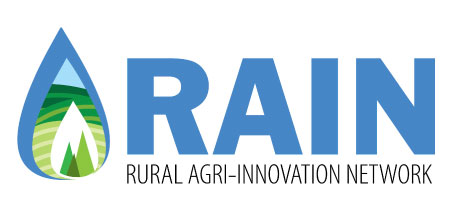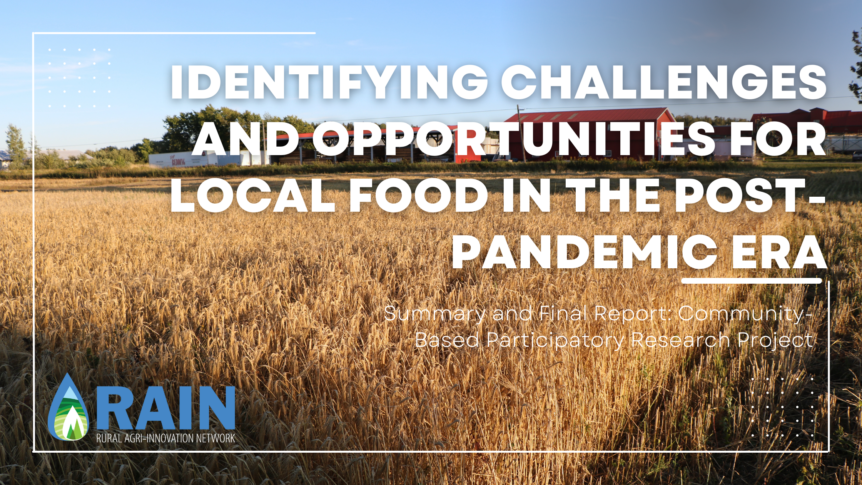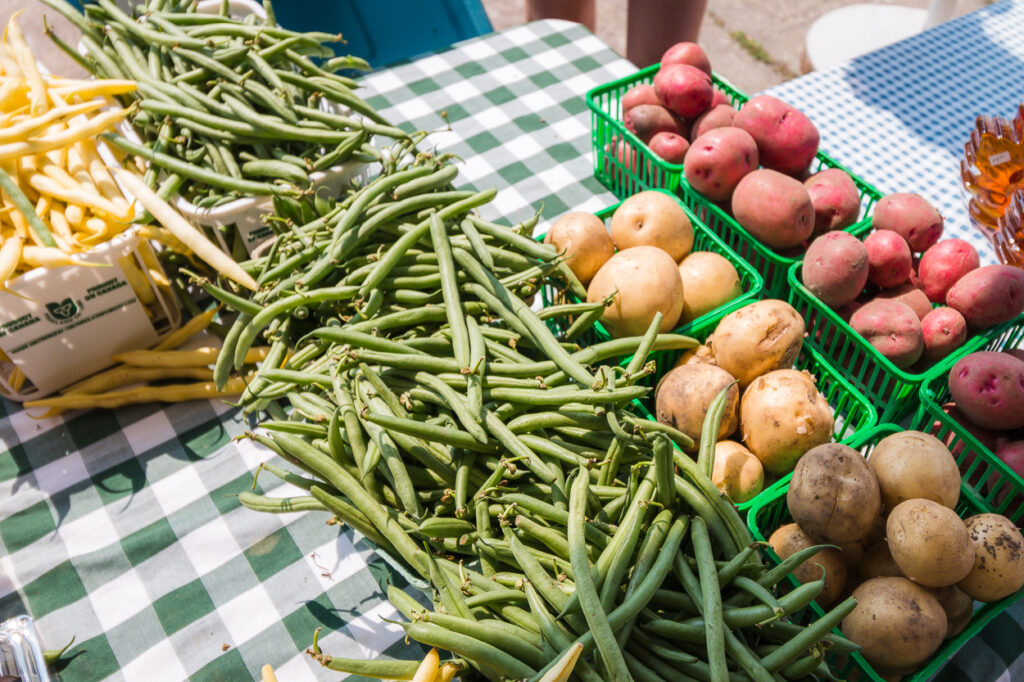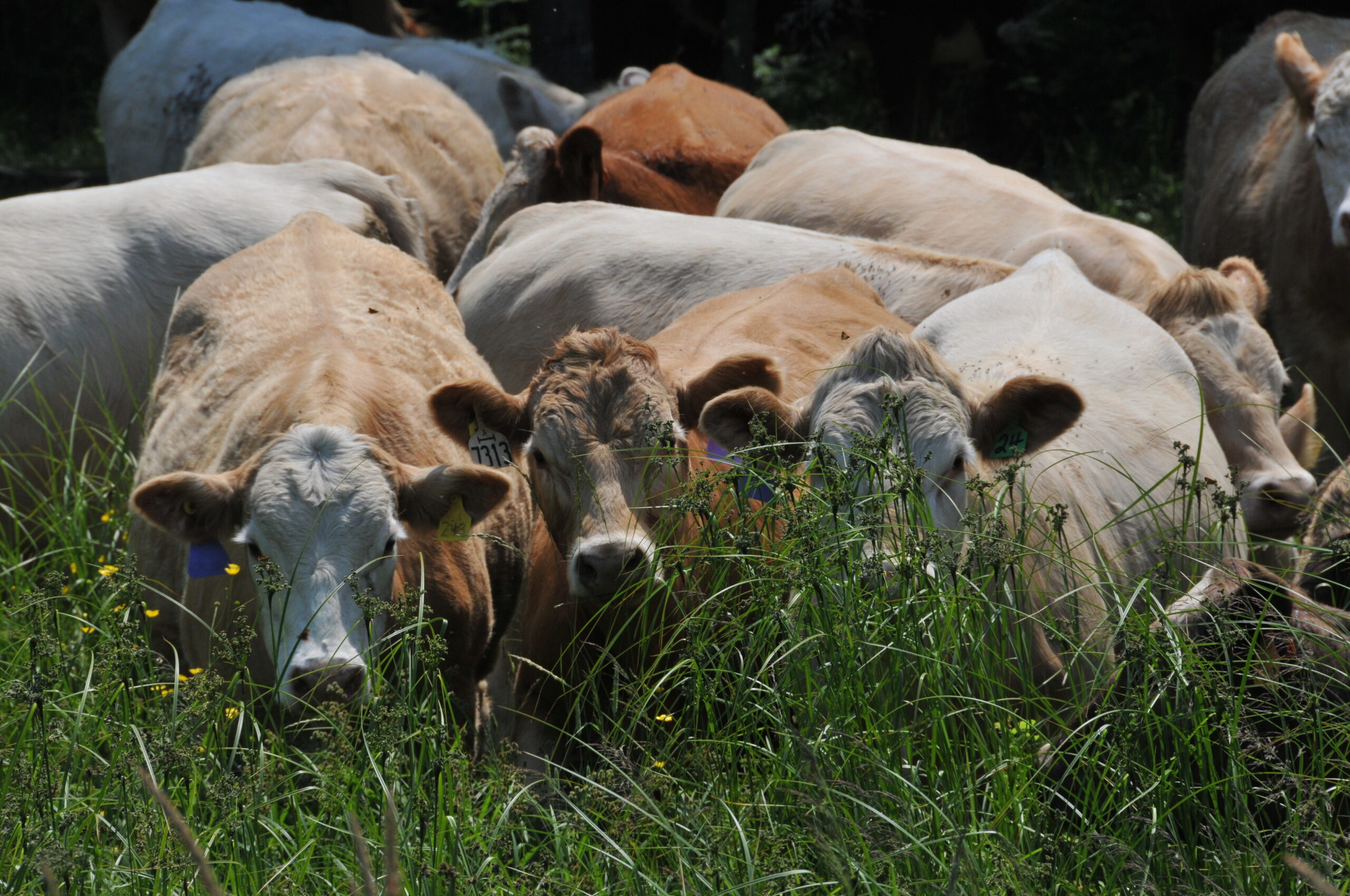Restrictions, lockdowns, delays, shortages – these words have largely characterized peoples’ lives on a global scale since COVID-19 became widespread and the pandemic took hold. We’ve become very familiar with the ways our own daily lives have been changed due to coronavirus, but the impacts certainly haven’t stopped there. Our food systems have also been dealing with these effects both directly and indirectly, and we wanted to get to the bottom of how they were playing out on a local community scale.
RAIN, Algoma University’s department of Community Economic and Social Development, and NORDIK Institute partnered up to conduct a participatory community-based research project to call in food systems actors and land use planners with the goal of learning about their experiences and recent trends they’ve been noticing within our agri-food sector. Our research team aimed to speak with a mix of large and small farmers, niche growers, and members of the Anabaptist farming community to make sure we captured the diversity of Algoma’s local food system in our results.
Through interviews, focus groups, and surveys we collected information around topics like available farmland, market opportunities, plans that had been changed due to the pandemic, and what the agri-food sector should prioritize for long-term planning.
Several key themes emerged from the research:
- Labour shortage
- Lack of physical infrastructure
- Need for farmer to consumer networks
- Increasing profits & expansion
- Need for a ‘keep it local’ meat strategy
- Provincial planning at odds with Algoma agriculture
The challenges and opportunities brought to light through this research will inform RAIN and other supporting actors of the agri-food sector in Algoma on how we can continue to assist in strengthening our local food system alongside farmers, processors, and food-related businesses.



